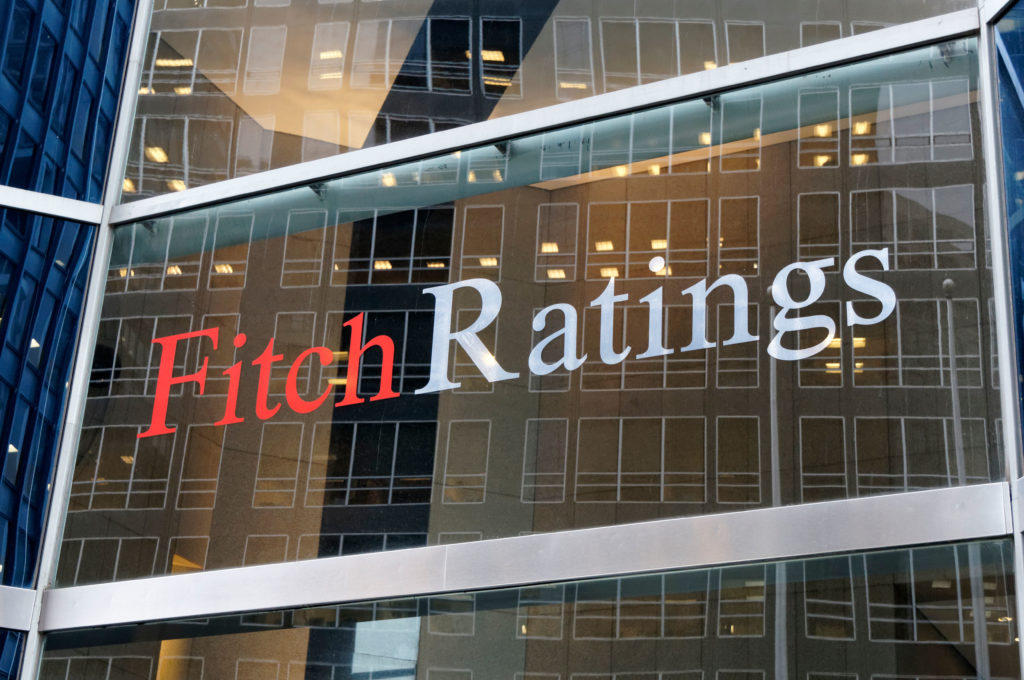TASHKENT
Fitch Ratings has affirmed Uzbekistan’s city of Tashkent’s long-term foreign- and local-currency Issuer Default Ratings (IDRs) at ‘BB-’ with Stable outlooks.
“The affirmation reflects Fitch’s expectation that the city’s debt sustainability metrics will remain in line with its ratings, despite the economic impact of the coronavirus pandemic and growing CAPEX that is counterbalanced by the moderate debt level,” Fitch said in a report.
The IDRs are notched down once from the agency’s assessment of the city’s Standalone Credit Profile (SCP) of ‘bb’ due to weak reporting and transparency practices that lag international standards. This leads to Tashkent’s IDRs being in line with Uzbekistan’s sovereign IDRs (BB-/Stable).
Fitch said that the ‘Weaker’ Risk Profile assessment resulted from a ‘Weaker’ assessment for all of the city’s six key risk factors.
“This reflects Fitch’s view of high risk relative to international peers that the city may see its ability to cover debt service by its operating balance weaken unexpectedly over the forecast horizon of 2021-2025, either because of lower-than-expected revenue or expenditure exceeding expectations or because of an unanticipated rise in liabilities or debt-service requirements,” the agency said.
Uzbekistan’s subnationals’ revenue sources are unstable following extensive tax and budgetary reform in the republic.
The composition of taxes collected by the city and their allocation between tiers of government are subject to change at the discretion of the central government. Taxes contributed a moderate 30 percent to the city’s total revenue in 2020. Transfers from the central government have been gradually increasing over the last five years and reached 57 percent of total revenue in 2020, up from 14 percent in 2016. The high dependence on a weak central government (BB-/Stable) for a material portion of revenue and the ongoing changes to national fiscal regulation resulting in low revenue predictability drive the ‘Weaker’ revenue robustness assessment.
Fitch assessed Tashkent’s ability to generate additional revenue in response to possible economic downturns as limited. The city’s fiscal autonomy is controlled by the central government, which sets all tax rates and determines the amount of tax revenue allocated between government tiers. Affordability for additional taxation is also limited by the low disposable income of the population.
After more than two decades of economic isolation during which most foreign investments were viewed as a threat, the Central Asian country is making efforts to improve its investment climate. Since the death in 2016 of Islam Karimov, who had led Uzbekistan since before the Soviet breakup, his successor, President Shavkat Mirziyoyev, has made attracting foreign investors one of his top priorities.

